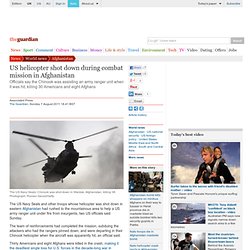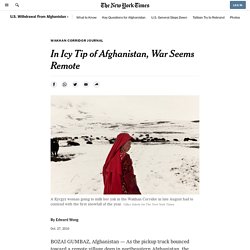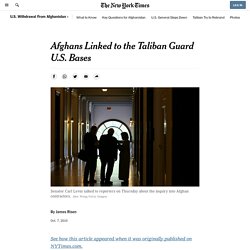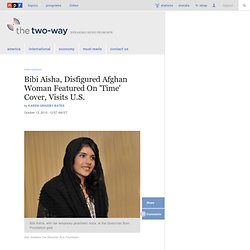

US helicopter shot down in Afghanistan was on rescue mission. The US Navy Seals’ Chinook was shot down in Wardak, Afghanistan, killing 38.

Photograph: Romeo Gacad/Getty The US Navy Seals and other troops whose helicopter was shot down in eastern Afghanistan had rushed to the mountainous area to help a US army ranger unit under fire from insurgents, two US officials said Sunday. The team of reinforcements had completed the mission, subduing the attackers who had the rangers pinned down, and were departing in their Chinook helicopter when the aircraft was apparently hit, an official said. Thirty Americans and eight Afghans were killed in the crash, making it the deadliest single loss for U.S. forces in the decade-long war in Afghanistan.
The rangers, special operations forces who work regularly with the Seals, afterwards secured the crash site in the Tangi Joy Zarin area of Wardak province, about 60 miles (97km) southwest of Kabul, an official said. "There is a joint operation going on by Afghan and Nato forces. 60 Minutes Overtime, 07.31.11 - 60 Minutes. Afghans Who Risked Lives for U.S. Are Left in Dark on Visas. Lynsey Addario for The New York Times Ahmad Jawaid Sarhal, an adviser to the NATO training mission, with his daughter, Mahsa, said his year-old application to live in the United States was his best hope for security for his family.

One American initiative to substantially increase the number of visas available to Afghan workers, the Afghan Allies program, has fallen especially short of its goals. Since the program began in 2009, about 2,300 Afghans have applied for those visas, but the American Embassy in Kabul has finished reviewing only two cases. One was rejected. “The record is not great,” said David D. “We’re going to break this logjam,” Mr. The long, uneasy wait has frustrated many Afghans employed by the United States, who said they felt neglected after risking their safety and that of their families to work with Americans in war-torn sections of the country.
Some applicants said their paperwork had been lost, or that interviews had been promised but never scheduled. NATO Helicopter Ends Siege in Kabul Hotel. The Long Road. In Icy Tip of Afghanistan, War Seems Remote. BOZAI GUMBAZ, Afghanistan — As the pickup truck bounced toward a remote village deep in northeastern Afghanistan, the young woman was told by her companions that she could toss her burqa aside.

“It’s free here,” said the woman, Zarmina Nazaria, a 26-year-old nurse. She slipped off her powder-blue burqa and laid it on the rear seat. The rules that apply to the rest of Afghanistan are often irrelevant in the Wakhan Corridor, a frigid, finger-shaped stretch of land squeezed between Tajikistan, Pakistan and China that is cut off from the Afghan heartland by the icy ramparts of the Hindu Kush. Here, the one constant of life for most Afghans — war — is as distant as a tropical wind. Karzai, in News Conference, Confirms Receipt of Iran Cash.
The Afghanistan War Logs Released by Wikileaks, the World’s First Stateless News Organization. Books of The Times - Afghanistan as Obama and Others Game It. Inquiry Finds Guards at U.S. Bases Are Tied to Taliban. “We must shut off the spigot of U.S. dollars flowing into the pockets of warlords and power brokers who act contrary to our interests,” said Senator Carl Levin, the Michigan Democrat who is the committee’s chairman.

“There are truly some outrageous allegations here, and it’s a wake-up call that we have to get a better handle on contractors in Afghanistan and ensure that taxpayer dollars don’t end up in the hands of the enemy,” said Richard Fontaine, a senior fellow at the Center for a New American Security, a Washington research group. There are more than 26,000 private security employees in Afghanistan, and 90 percent of them are working under United States government contracts or subcontracts. Bibi Aisha, Disfigured Afghan Woman Featured On 'Time' Cover, Visits U.S. : The Two-Way. Hide captionBibi Aisha, with her temporary prosthetic nose, at the Grossman Burn Foundation gala.

Alan Goldstein/The Grossman Burn Foundation She was so beautiful that the first time I saw Bibi Aisha on the cover of Time magazine, it took me a moment to realize she didn't have a nose. Her husband and his family had hacked it off when she'd tried to escape being abused in her home.